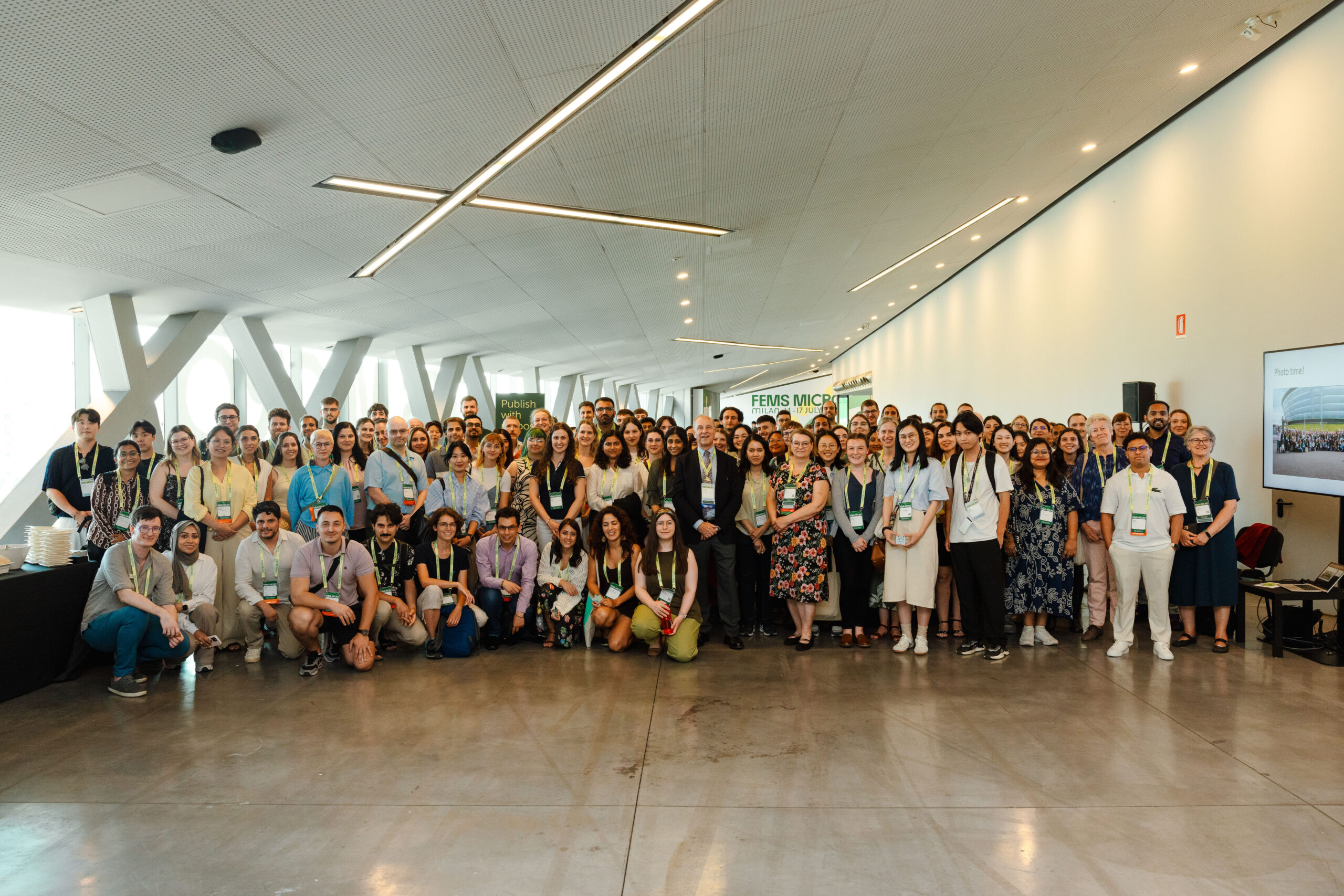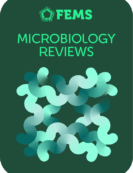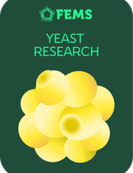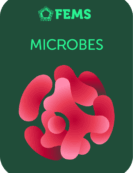Grants
Members of FEMS Member Societies can apply for grants for research and training, or for support when organizing or attending a meeting – including our Member Societies’ national and regional congresses. Every year we support meeting organizers and early career researchers and enable experts to share ideas and promote excellence in science. You do not need to be a member of a FEMS Member Society to apply for a Congress Attendance Grant.
Our definition of fields that grants can apply to includes microbiology research, education, policy, business and scientific communication. Further information about the grant opportunities we provide, including application deadlines, can be found on the following pages:
- Research and Training Grant
- Industry Placement Grants
- Meeting Organizer Grant
- Meeting Attendance Grant
- Congress Attendance Grant
Apply for a FEMS Grant
All applications can be made online via our submission system. Please read all information on the application carefully and ensure you have read and agreed to the grant regulations before submitting an application.
- To apply please create an account or login with your credentials.
- Once logged in, you can access the application forms for our Grants.
Supporting documents for FEMS Grants
During the application process, you will be asked to complete and upload supporting documents. Below, you can find all templates which you need to use during your application, as well as the Grants Regulations.
All FEMS Grants
Grants Regulations
CV Format guide
Research & Training Grants
Supervisor Endorsement
Industry Placement Grants
Endorsement Form
Meeting Organizer Grants
Budget
Endorsement form
Meeting Attendance Grants
Supervisor Endorsement
Not a member? Join one of the FEMS Member Societies in order to apply for our grants.
Open access is key to supporting the FEMS mission of disseminating high quality research as widely as possible: when high quality, peer reviewed sound science is open access, anyone, anywhere in the world with an internet connection, can read it. All but one of the not-for-profit FEMS journals are fully open access (OA), with one journal, FEMS Microbiology Letters, offering free-to-publish and OA options.







